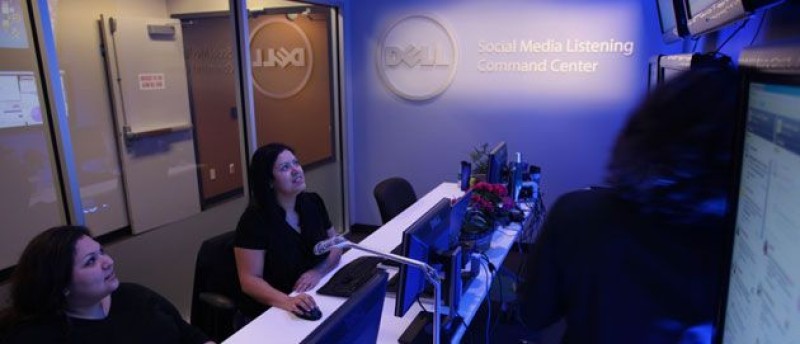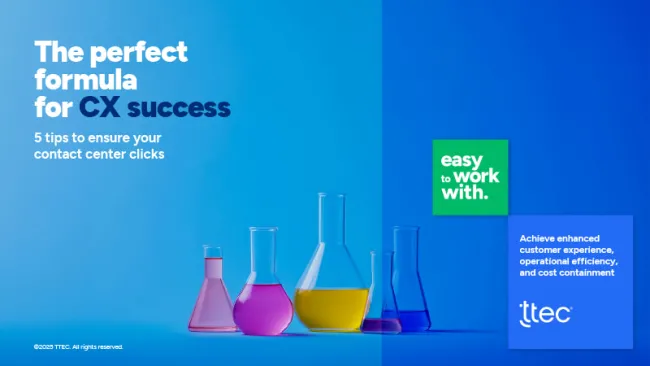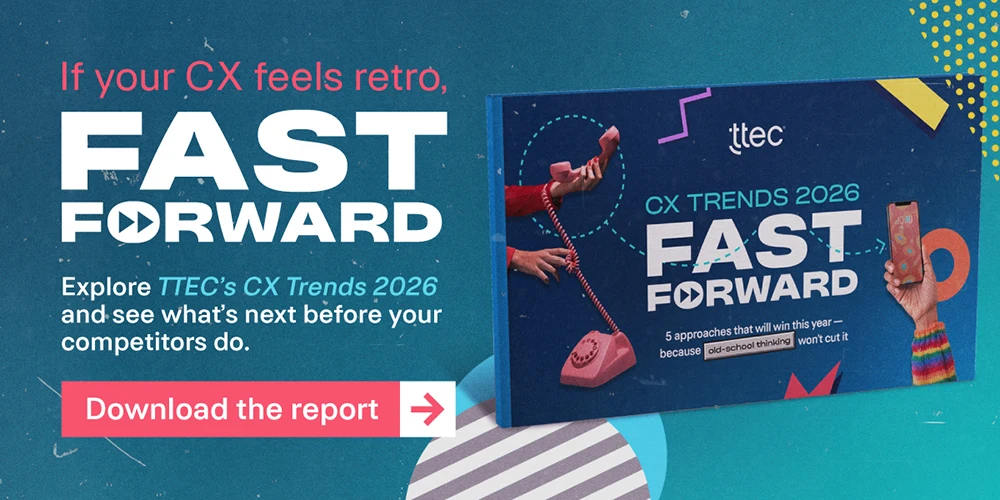Technology firm Dell pioneered an emerging channel when it began nearly 30 years ago: direct-to-consumer computer sales. Before Dell entered the space, technology providers took a backseat to retailers when it came to building relationships with consumers.
Now, Dell is changing again. Commoditization and price wars have taken a toll on the company over the years. To compete in the future, the company is stepping out of the spotlight and off of the Street to re-imagine a new services-based business.
This September CEO Michael Dell announced that he would be taking his namesake company—which he founded as a college student 29 years ago—private. "In taking Dell private we plan to go back to our roots, focusing on the entrepreneurial spirit that made Dell one of the fastest growing and most successful companies in history," Dell told Forbes in an interview.
This move is noteworthy because it highlights Dell's ability to recognize changes—in this case the shrinking PC market—accept them, and find a solution to remain competitive. Instead of chasing a dying dream, Dell wants to focus his company on areas of growth, including cloud computing, Big Data, security software, and mobile. Its future is in the services business.
An important reason behind the need to adapt is the changing customer landscape. While not an easy task, savvy organizations work hard to identify shifts in customer needs and expectations and make the necessary changes within their own structures to be prepared to cater to new trends.
For technology companies like Dell, this need is even more pressing since changes in technology are, in themselves, leading to shifts in customer expectations. Well aware of this, Dell is looking ahead to prepare for its customers of 2020.
According to Doug Schmitt, vice president for Dell Services Global Support and Deployment, Dell's future customers will be über-connected, using multiple devices simultaneously and moving from one to another to carry out a single task. "Our customers of the future are going to be using multiple devices in complex environments," he says. In fact, not only are customers using more than one device, but these devices use various applications, run on different software, and need to be connected in a way that makes it easy for customers to shift from one to the next. Companies must tap into these devices to deliver a seamless experience across all touchpoints—something that's already a reality today, but is expected to be revved up.
More than they do today, customers of the future will expect predictive, proactive, social support at their fingertips any time they need it, says Schmitt. "The future customer experience needs to be built around customer requirements in the [various] different environments."
Differentiating with service
To stay ahead of customer expectations, Dell has made changes to its support delivery, introducing new customer interaction touchpoints. Schmitt says the customer of 2020, especially younger ones, will expect "non-touch" service, allowing them to get help with minimal human interaction.
Earlier this year, the company launched ProSupport Plus for its enterprise customers to recognize potential issues before they cause major problems. The service leverages environmental intelligence, including remote monitoring, data analysis, and automated support, to identify anamolies before they escalate into serious issues. The system allows Dell to either automatically resolve the issue, avoiding any impact to clients, or contact the customer in his or her preferred channel to schedule an intervention before an issue can paralyze a client's systems. The major benefit is that there is no break in system service to customers.
"We want to identify the issue before the customer even realizes there's a problem," Schmitt says. Since April 2013 Dell has addressed more than 5,000 cases worldwide, calling customers before they needed to contact the brand.
Dell has also recognized that increasingly self-serving customers want the right tools to resolve issues that crop up online without the need to contact the company directly. Customers can conduct live chat sessions with Dell technicians and use online diagnostics tools to determine if they are suffering from a hardware problem. Another self-serve system, TechDirect, allows a client's internal IT staff to obtain parts and manage tech support cases to reduce traditional phone-based troubleshooting. Dell also runs periodic local diagnostics through its MyDell support center that automatically sets up parts replacements when it detects a hardware problem.
Taking command of social
Dell is well aware of the importance of catering to customers' unique needs. "You always have to be careful not to lump customers together," Schmitt says. Some customers want to call, but increasingly, they want to connect via social media, especially with the rise of mobile. "Social allows us to communicate in a quicker, one-to-one manner."
This phenomenon contributed to the creation of Dell's social media listening command center, which allows the organization to get customer feedback in real time. A centralized team monitors social conversations, putting the brand in a position to take action on any customer concerns that crop up in an agile manner.
For example, Schmitt recalls one customer who had just purchased a Dell tablet and had difficulties setting up the new device. Although he did not reach out to Dell directly for help, the customer commented on social media that videos would have been valuable to help him set up and learn how to use the new device. The company listened, recognized the value in the advice, and acted upon it, creating how-to videos for customers. "Now other customers are benefitting," he says. Dell is beginning to measure the effect of the videos on overall support volume.
This example is representative of an important trend in how customers interact: they're using novel means of communication in their daily lives. Further, it highlights the benefits that organizations can tap into when they take action to capture customers' voices. "The customer would never have called to complain," Schmitt says, wasting a valuable opportunity for Dell had it not been active on social media.
Just monitoring social media or using it as a marketing platform is just the tip of the iceberg. Companies need to leverage social interactions as part of their data collection strategy and also for service delivery. Schmitt says that Dell has learned through social media interactions that customers want it to protect information, be transparent, follow the law and code of contract, be responsible, and finally be nice, have fun, and connect.
Preparing for the future
While advances in technology will have an important impact in shaping the new customers of 2020, there is another element at play that Dell recognizes and is planning for as it prepares to go private. "We know that the next customers will be coming from emerging markets," Schmitt says (see sidebar). While Dell already serves top emerging IT markets including China, India, Brazil, Mexico, Russia, South Africa, and Turkey, in 2013 the company expanded into 12 additional emerging markets—Botswana, Ethiopia, Kazakhstan, Namibia, Iraq, Libya, Algeria, Azerbaijan, the Côte d'Ivoire, Iceland, Mozambique, and Uganda. "We are making a difference to emerging markets—sharing products that matter at the right cost models, differentiated technology paradigm on open platforms, and a robust go-to-market strategy," Schmitt says.
And within both emerging and developed markets, the need for advanced security continues to grow. "Customers want to know that their communications and activities are secure," Schmitt says. Dell is catering to those needs with tools that help companies predict and proactively protect against threats, and ensure fast recovery from security breaches. "We are also providing our customers many protections for their data and apps hosted in the cloud, and we are getting ready to roll comprehensive protection for our customers' critical, high-value servers, which are a key target of hackers, especially those trying to steal customers' contact information and payment data."
As Dell evolves, the pace of change is "exciting and full of opportunities," Schmitt says. The firm is making the necessary changes to cater to customer needs.















